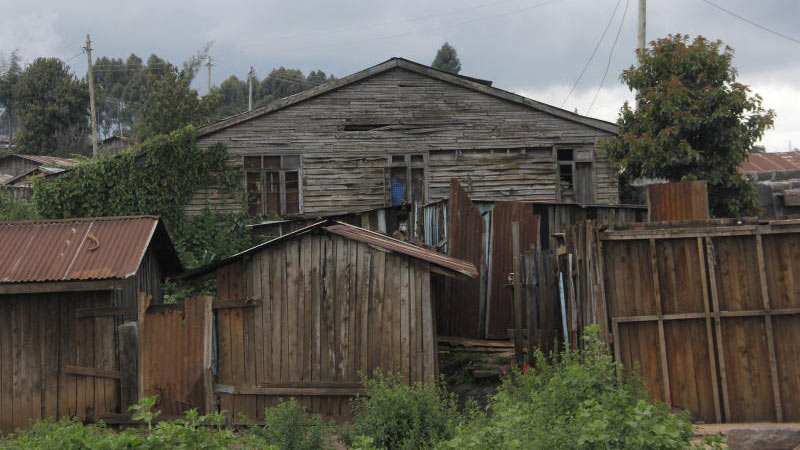×
The Standard e-Paper
Join Thousands Daily

In the 1980s, various towns along major roads in Nakuru and Baringo counties enjoyed a vibrant economy supported by the lucrative timber industry while others developed from railway stations.
At the time, the towns, including Maji Mazuri in southern Baringo, Mau Summit and Elburgon in Nakuru, were major economic zones standing with pride for their artistic wooden and tin houses.